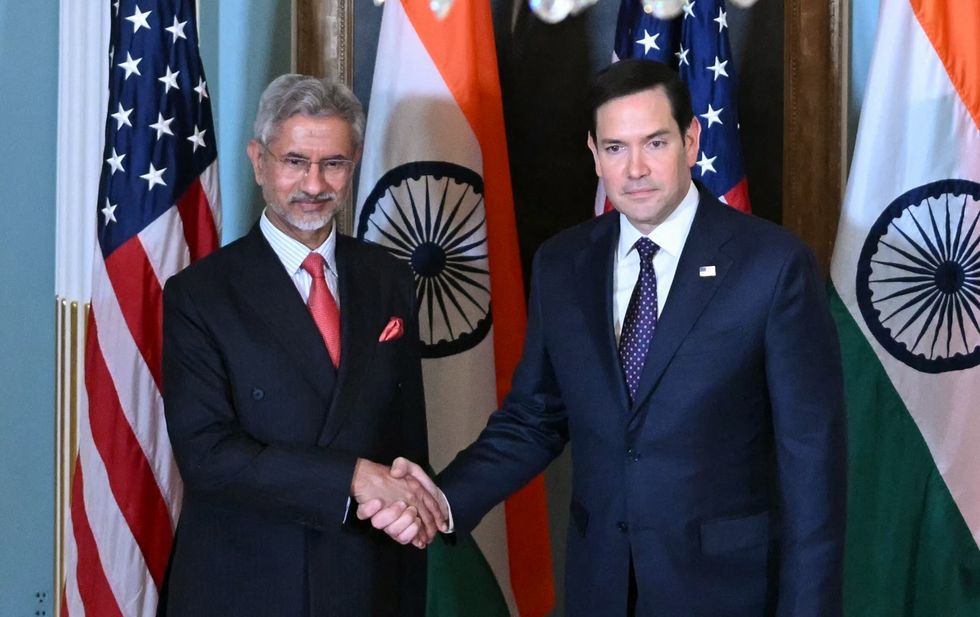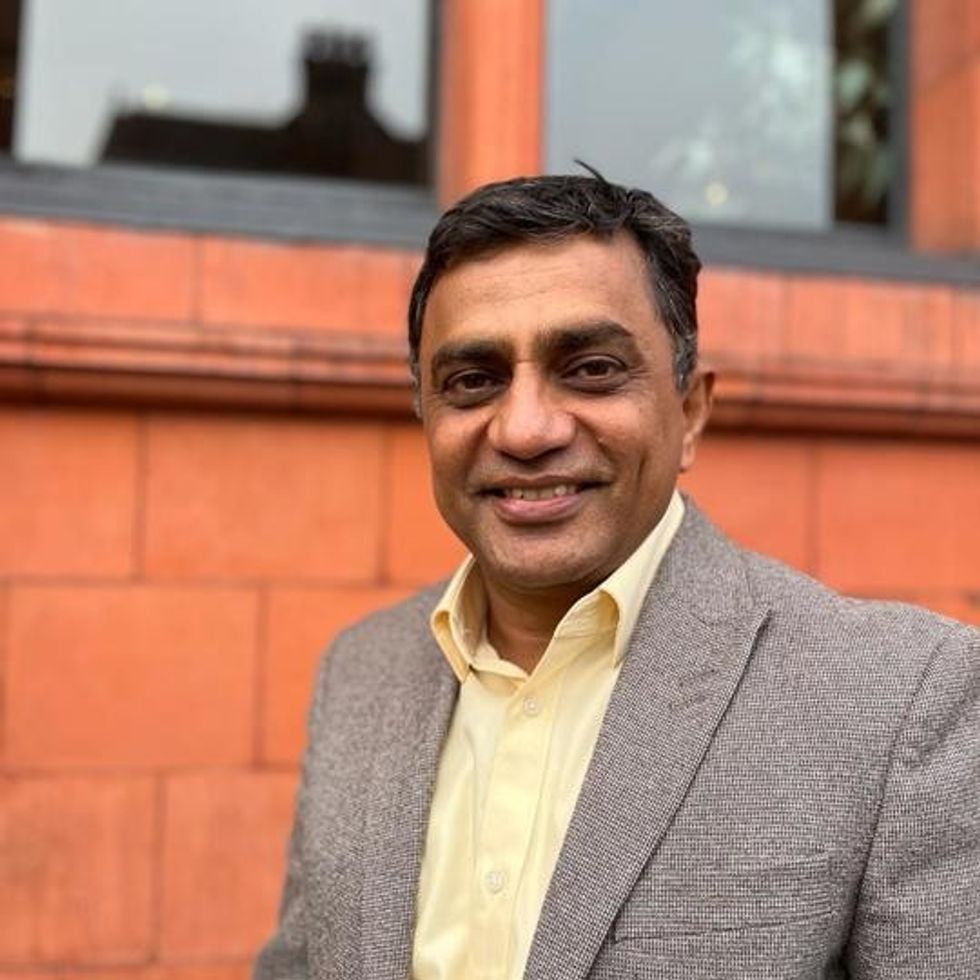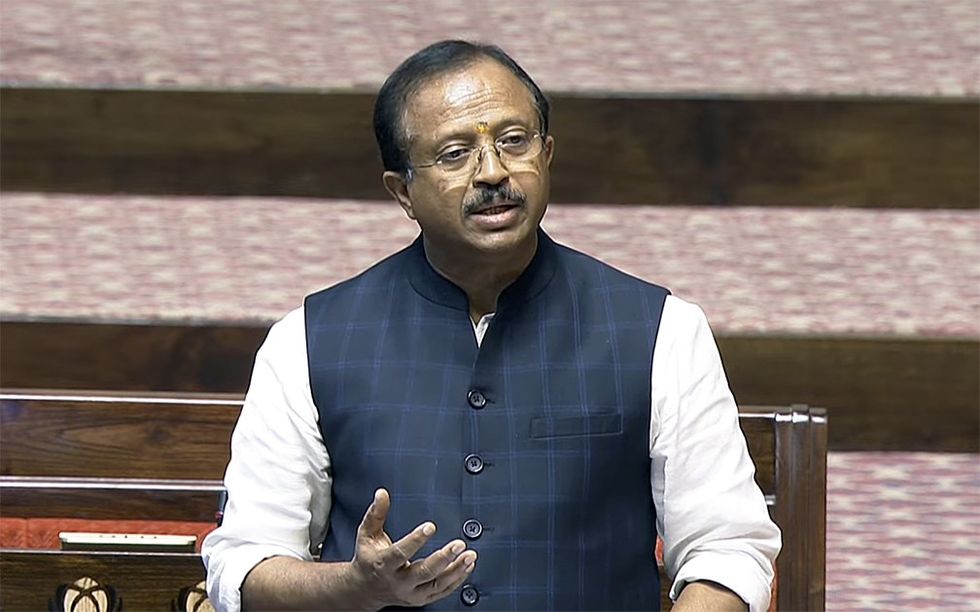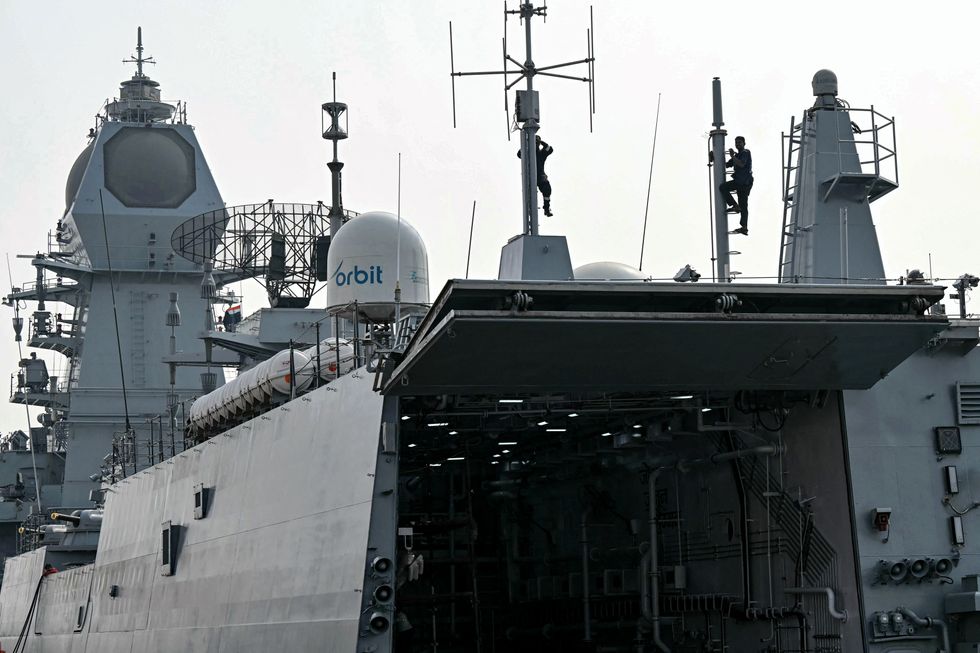Nearly three months after he abruptly ended talks with the Taliban, President Donald Trump has given his blessing to fresh diplomacy, but major obstacles stand in the way of a deal to end the Afghanistan war.
Chief among the questions is how to address the soaring violence in Afghanistan -- which the Taliban sees as leverage but which Trump has hinted that the insurgents were willing to halt.
Trump flew to Afghanistan on Thursday for a surprise trip to see US troops on the Thanksgiving holiday and dropped the news that talks with the Taliban were back on -- a process the president declared dead in September.
"The Taliban wants to make a deal and we're meeting with them," Trump said.
US officials offered little evidence that full-fledged negotiations had resumed.
But observers said that Trump was at least signaling support for further negotiations after the success last week of a captive swap with the Taliban, who freed two Western professors held hostage for three years.
"US diplomats have been quietly exploring how to get the talks restarted," said Laurel Miller, who served as the US special representative on Afghanistan and Pakistan under both Trump and his predecessor Barack Obama.
"Until now it was unclear if those quiet efforts were enough to reverse his public claim that the talks were dead. Now he's publicly validated them," said Miller, now the Asia director at the International Crisis Group.
She nonetheless questioned if fresh talks would be seamless after Trump in September said he had invited and then disinvited a Taliban delegation after the death of one US soldier.
"I think that would give any party that you're negotiating with some pause about how reliable you're going to be in meaning what you say and sticking to it," she said.
- Hope for ceasefire? -
Trump, who faces re-election in less than a year, has been eager to end America's longest war and wind down what he sees as a waste of blood and treasure.
A November study by Brown University found that the United States has spent $6.4 trillion on wars globally since the September 11, 2001 attacks which prompted the Afghanistan intervention.
In one of Trump's most startling remarks, he said on Thursday that the Taliban had come around and "want to do a ceasefire" and that "it will probably work out that way."
President Ashraf Ghani -- who, taking a page from other world leaders, profusely praised Trump during their joint appearance -- has long demanded a ceasefire as a precondition for Taliban talks with his internationally recognized government that would come after a US deal with the insurgents.
But the Taliban have consistently refused and kept up a campaign of bloody attacks, meaning a ceasefire would mark a major concession.
A senior US official said that in renewed Taliban talks, "the focus will be on reducing violence" and that negotiations could be expanded to seek a larger agreement.
- Risks of expanding agenda -
Veteran US negotiator Zalmay Khalilzad reached a draft agreement with the Taliban in September after a year of talks.
Under the agreement, the United States would withdraw troops in return for Taliban pledges not to let Afghanistan be used to stage attacks by Al-Qaeda or other extremists.
The deal is not believed to have required a ceasefire -- much to the disappointment of Ghani's government.
Scott Worden, director of the Afghanistan and Central Asia programs at the US Institute of Peace, said that a Taliban deal could take much longer if new elements were added.
"After the talks were called off by President Trump in September, the Taliban expressed, I think, a surprising willingness to sign a deal whenever the US was ready, which shows that they were happy with it," Worden said.
Trump said in Afghanistan that he was ready to reduce US troop numbers "much further" than the draft deal's decrease to 8,600 -- the level before Trump took office and ordered reinforcements.
Trump has been eager for a signature foreign policy victory ahead of the November 2020 US elections, with few signs of breakthroughs in his diplomacy with North Korea or from his pressure campaign against Iran.
Worden, however, said the political calendar could also play out the opposite way, with advisers warning Trump of a repeat of Iraq where the Islamic State group surged after Obama pulled troops.
"Those are both powerful political arguments and I think that they will have to play out over the next many months," he said.

















 US secretary of state Marco Rubio with India’s foreign minister Subrahmanyam Jaishankar in Washington DC last Tuesday (21)
US secretary of state Marco Rubio with India’s foreign minister Subrahmanyam Jaishankar in Washington DC last Tuesday (21) Anit Mukherjee
Anit Mukherjee V Muraleedharan
V Muraleedharan Dr Sasikumar S Sundaram
Dr Sasikumar S Sundaram


 Workers clean communication equipment aboard INS Surat on January 11
Workers clean communication equipment aboard INS Surat on January 11